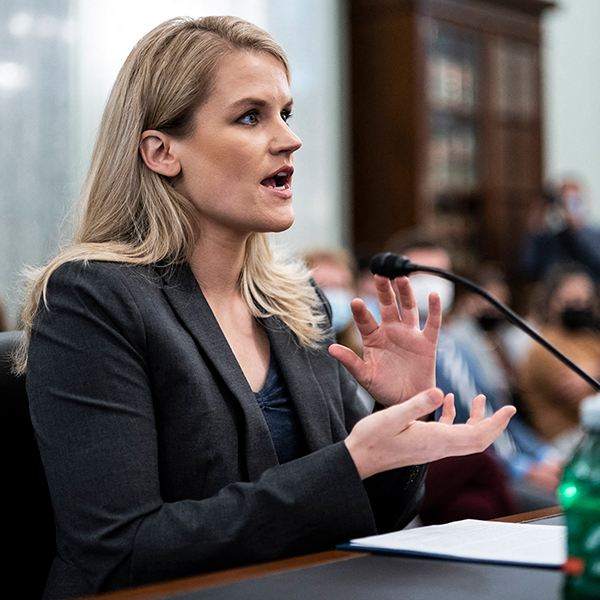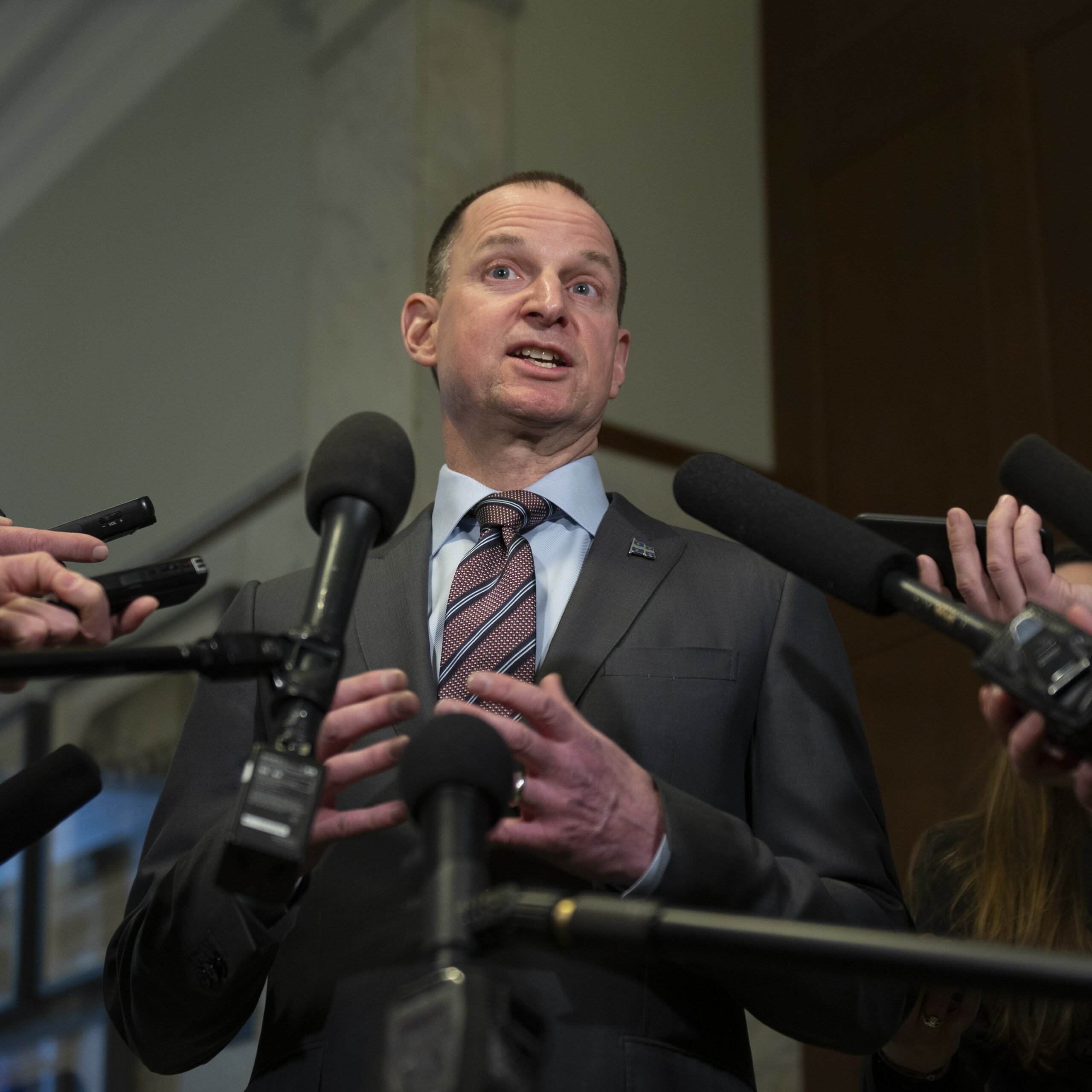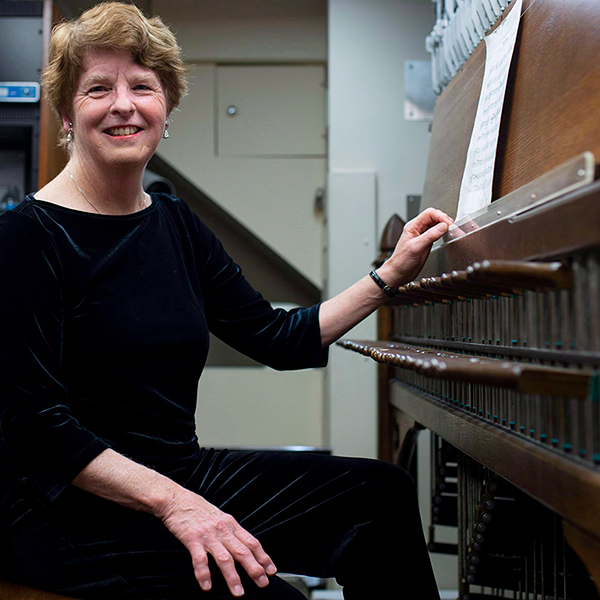Whenever Marta Morgan, Canada’s deputy minister of foreign affairs, walks into the Lester B. Pearson Building in Ottawa and sees the portraits of her predecessors on the wall, it reminds her that she made public service history when she was appointed to the post last year. Morgan, BA’84, is the first woman to hold the position.
“I was really honoured to be asked to fill this role,” she says. “I’ve been warmly welcomed by the department and in particular by the women foreign-service officers, who were pleased to see a woman take the reins here. It does matter to people that they can see themselves in who is filling the leadership roles in the department. There had been some work to do on that front.”
She experienced one of the highpoints of her career last September, when she led the Canadian delegation to the 74th session of the UN General Assembly, accompanied by former prime ministers Joe Clark and Jean Chretien. (Prime Minister Justin Trudeau would normally have led the delegation, but he was in the midst of a general election campaign.) “It was a once in a lifetime opportunity,” says Morgan.
She participated with several foreign ministers at a UN panel discussion on multilateralism. “I spoke about the importance of multilateralism and Canada’s commitment to it. When you’re in a place like the UN, you feel like you’re part of shaping the international order. You feel the weight of that, but also the impact that Canada can have when it allies itself with other countries to achieve common goals.”
The outbreak of the COVID-19 pandemic early in 2020 shifted the ground beneath her. At the end of March, Foreign Affairs sent the vast majority of its Ottawa staff home, including most of the senior management team. “I’ve been working at home as much as I can,” says Morgan.
Her biggest challenge was overseeing the repatriation of Canadians stranded abroad in the pandemic’s early months. “We assisted over 57,000 Canadians from 109 countries in coming back to Canada,” she says. “We didn’t imagine when we brought people back from Wuhan, China on that first flight in January that so many more Canadians would need our help to get home, as progressively governments imposed border restrictions and commercial travel stopped.”
China’s status as “ground zero” in the pandemic added to the complexity of a bilateral relationship that was already fraught, owing to the extradition case of Chinese executive Meng Wanzhou and the retaliatory detention of Canadians Michael Kovrig and Michael Spavor in China. “It is a complicated relationship, and it is a challenging issue,” says Morgan. “We are very focused on the situation of the ‘two Michaels’.”
A native of Port Coquitlam, B.C., Morgan moved to Montreal to improve her French and earned an undergraduate degree at McGill in economics. She recalls classes with McGill economics professors Jack Weldon and “Tom” Asimakopulos.
“They were both really tough, but great teachers.” When not studying, she was learning to fence – well enough, in fact, to qualify for the McGill fencing team. “I look back at McGill as a formative time in my life. I was lucky to attend such a fantastic institution.”
She landed a summer student job with the Ministry of State for Economic and Regional Development, which led to a permanent role in the federal bureaucracy upon graduation. She entered Ottawa’s two-year development program for young economists, which rotated trainees through the Privy Council Office (PCO) and three other key ministries. After five years at PCO, she moved to Human Resources Development Canada, where she helped design the Canada Child Tax Benefit.
In 2003, she left the public service, becoming vice president, trade and competitiveness, at the Forest Products Association of Canada. The association’s most demanding task was responding to the 2008-09 financial crisis. “Canada’s forestry sector was hit hard by the recession, and we worked closely with the government to mitigate the impact.”
Afterwards, she returned to the government as assistant deputy minister, policy, at Industry Canada. “I couldn’t resist going back,” says Morgan. “I can’t think of anything more interesting to do than public service, and the federal public service has provided me with so much opportunity to contribute to making Canada better by addressing really important social and economic challenges.”
She spent almost five years as associate deputy minister of finance, where she was involved in preparing the last budget of the Harper era and the first budget of the Trudeau years. The latter implemented the Liberals’ 2015 election promise of a new Canada Child Benefit that would be simpler, tax-free, and better targeted to those most in need.
Morgan says she is proud to have played a role on both the original child benefit and the new support, both of which made “a measureable difference in reducing child poverty.”
Next, she served three years as deputy minister of immigration. “There were some really positive things accomplished in terms of significantly increasing the number of immigrants, especially economic immigrants.” More problematic were the Illegal border crossings by asylum seekers near Saint-Bernard-de-Lacolle in Quebec, which reached hundreds a day in August 2017 before gradually subsiding. “It was a big operational and policy challenge for the government.”
Now, at Foreign Affairs, she briefs her minister, François-Philippe Champagne, once or twice a week. She also participates in briefings of the prime minister during international crises that involve Canada – one example being Iran’s destruction last January of Ukraine International Airlines Flight 752. (Justin Trudeau turned to her for information in the midst of his nationally televised news conference following the incident.)
“I think back to that kid who came to Ottawa for a summer job years ago,” says Morgan. “I never thought then that it would turn out like this.”


